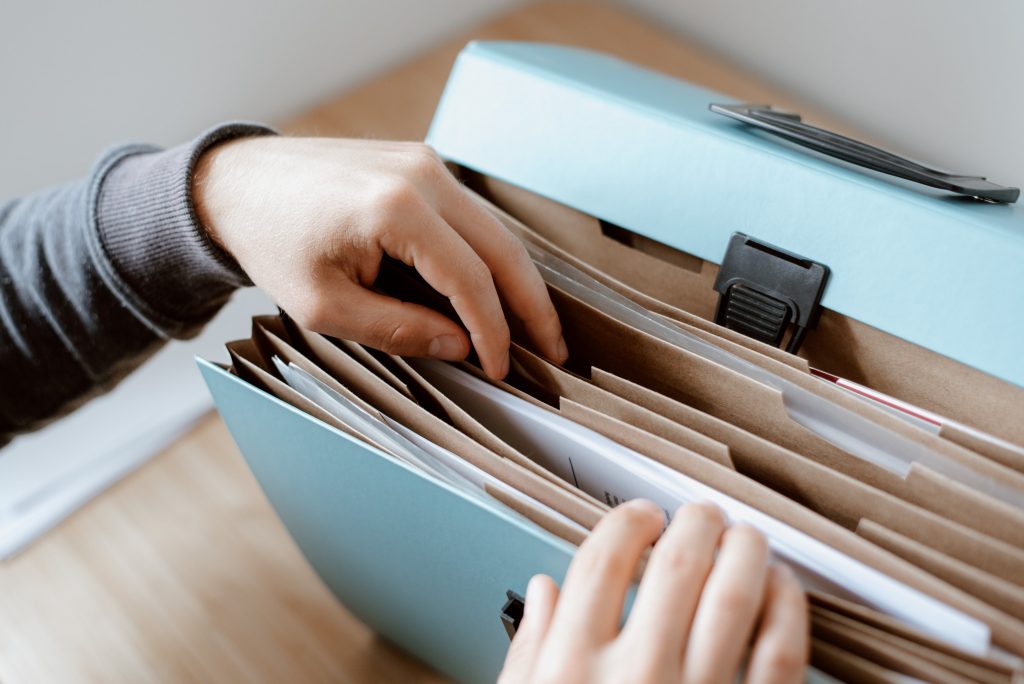- Understand your case’s value and confidently negotiate a fair settlement without revealing your strategy.
- Be open to compromise, but have a minimum acceptable amount, and formalize any agreements in writing.
- Consider hiring a specialized attorney for guidance, ensuring your interests are protected throughout the process.
- Document all negotiation steps, including offers, counteroffers, agreements, and the final settlement for future reference.
Picture this: you’re in a legal dispute with someone. The process is long and stressful, and all you want is for it to be over. The defendant offers you a settlement, but the number seems too low. You know you deserve more, but you’re not sure how to negotiate a better deal. Here are essential tips to help you negotiate the best settlement possible in your case.
Know Your Worth
Before going into the negotiation process, it’s essential to understand the value of your case. Gather all your evidence, including medical bills, witness statements, and anything else that shows the impact the dispute has had on your life. Once you know your worth, you can better negotiate a settlement that adequately compensates you for your losses.
Demonstrate Strength and Confidence
Negotiating a settlement is like a game of poker. You don’t want to show all your cards at once. Show the defendant that you’re confident in your case while being careful not to reveal your entire strategy. Use your tone of voice and body language to exude strength and assurance in your position.
Be Willing to Compromise
The settlement process should be a give-and-take. Know the minimum amount you’re willing to accept, but also be ready to make concessions. Offering a realistic counteroffer will show the defendant that you’re negotiating in good faith and can lead to a better outcome for both parties.
Put Everything in Writing

Once you’ve agreed upon a settlement, get everything in writing. The last thing you want is for the defendant to renege on the agreement or forget the terms you discussed. Put all the details, including the payment schedule, the amount of money involved, and any legal obligations, into a formal document. This will help protect both parties and ensure that everyone is on the same page.
Enlist the Help of a Professional
If you’re unsure about your negotiation skills or the settlement process as a whole, consider hiring a professional to represent you. A lawyer can help you navigate the process and ensure that your rights and interests are protected. But don’t just choose any lawyer. Choose a lawyer that specializes in the specific case you are involved in.
For example, if you’ve been injured in a car accident, you’ll need an experienced car accident lawyer to negotiate a fair settlement. They can help you understand the complexities of your case and fight for the best possible outcome. They can also handle all communication with the defendant and their legal team, allowing you to focus on your recovery.
Document Everything

Throughout the negotiation process, make sure to document everything. This will help you track progress and have evidence in case anything goes wrong. Here are four things you should document:
The defendant’s initial offer.
The defendant’s initial offer is the starting point for negotiation. Documenting this will allow you to track how far you’ve come in the process and what adjustments have been made.
Your counteroffer.
Make sure to document your counteroffers throughout the process. This will help you remember what has been discussed and prevent confusion or disagreements later on.
Any agreements or concessions made.
If any agreements or concessions are made during the negotiation process, be sure to document them. This will ensure that all parties are aware of their commitments and can help prevent misunderstandings.
The final settlement agreement.
Once a settlement has been reached, make sure to have a written copy of the final agreement signed by both parties. This will serve as an official record and protect the interests of both parties.
It’s also important to keep copies of any documents or agreements signed during the negotiation process for future reference.
Navigating the settlement negotiation process can be challenging and emotionally draining, but with the right strategies and mindset, you can ensure a fair settlement. Remember, knowing your worth, exuding confidence, compromising wisely, and keeping meticulous documentation can all contribute to a successful outcome.
Don’t hesitate to seek professional help if needed. With the support of a specialized attorney, you can navigate the complexities of the negotiation process more effectively. Ultimately, your goal should be to secure a settlement that compensates your losses and helps you move forward. Empower yourself with these strategies, and take control of your settlement negotiations. Remember, the goal is to close this chapter of your life and embark on the path of recovery and peace.

